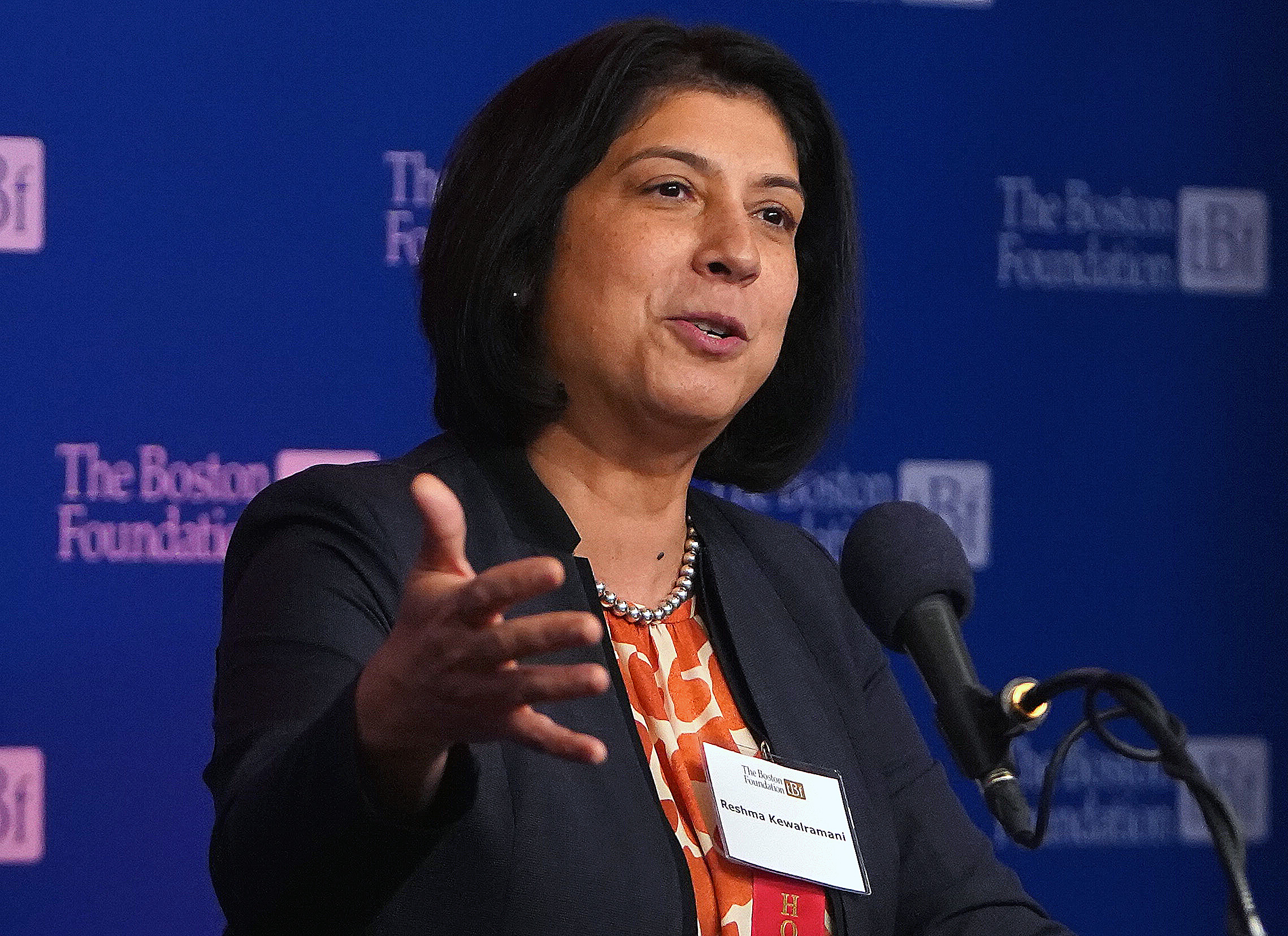
Reshma Kewalramani, Vertex CEO (Barry Chin/Boston Globe via Getty Images)
Vertex heads to the clinic with a next-gen stem cell candidate for type 1 diabetes
Vertex will start human testing of a new-and-improved version of its stem cell therapy for type 1 diabetes.
Regulators cleared Vertex’s IND for its stem …
Sign up to read this article for free.
Get free access to a limited number of articles, plus choose newsletters to get straight to your inbox.